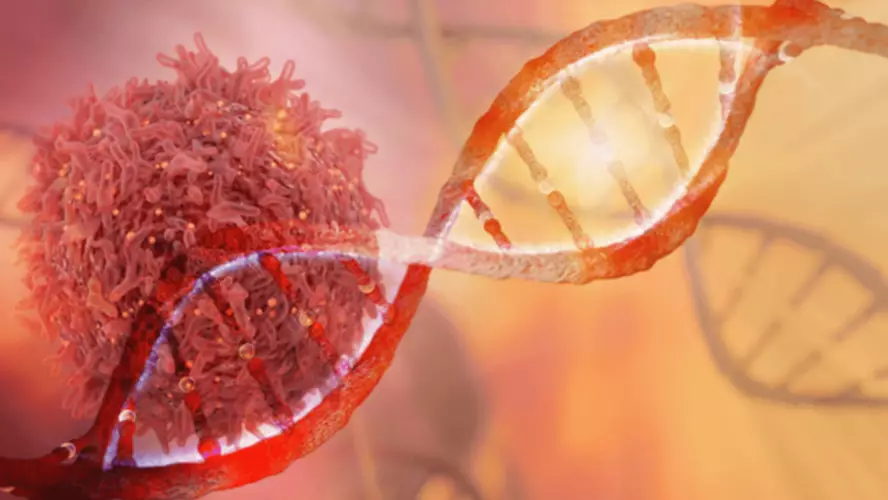Content
In some cases, your baby may need medication and/or frequent check-ups to help manage their withdrawal symptoms. Getting into addiction treatment can help you learn healthy ways to address some of these risk factors. Nearly two-thirds (60.8%) of the study participants were between the ages 25 and 34 years. Three hundred sixty-six (21.7%) of them had no formal education, and only 510(30.2%) had tertiary education (Table 1).

A 2012 Danish study, for example, found that low to moderate alcohol consumption during pregnancy did not affect executive functioning among 5-year-olds. Executive functioning is a catchall term that describes the ability to perform activities such as planning, organizing, strategizing, remembering details, is it safe to drink alcohol while pregnant and managing time. No – drinking while pregnant isn’t okay because there is no known safe amount of alcohol during pregnancy. We know of many harmful effects that drinking during pregnancy can have on a developing baby, and some of these may be caused by even a small amount of alcohol during pregnancy.
Alcohol can cause problems for your baby at any time in pregnancy, even before you know you’re pregnant.
Your child’s healthcare provider can continue to monitor your child over time. Any amount of alcohol during pregnancy can cause fetal alcohol syndrome. Damage to your developing baby can happen at any point during pregnancy. All alcohol, including beer, wine, ciders and hard liquor can all cause FAS. While not drinking any alcohol during pregnancy is the safest choice, small amounts of alcohol early in pregnancy may be less risky to the mother’s health and the health of their babies than previously believed.
- Your doctor may recommend inpatient or outpatient treatment to help you resolve your addiction issues.
- FAS does last a lifetime, but if children with FAS are identified early, and if they get support, they’ll be less likely to have problems later in life.
- Alcohol consumed reaches the fetus through the placenta and causes almost even absorptions in both the mother and the baby.
- Proofs from several animal studies have revealed that disruption in the processes of fetal development occurs through numerous mechanisms.
- The included health facilities were one hospital (University of Gondar Comprehensive Specialized Hospital) and three health centers (Gondar polyclinic, Azezo, and Maraki).
Drinking alcohol while pregnant has been shown to cause harm to a baby as it develops in the womb. Alcohol used during pregnancy may also lead to long-term medical problems and birth defects. Scientists define a broad range of effects and symptoms caused by prenatal alcohol exposure under the umbrella term Fetal Alcohol Spectrum Disorders (FASD).
Details on the study on alcohol and babies’ brains
The finding is important because the shape of children’s faces can be an indication of health and developmental problems. Treatments have been shown to help, but no one treatment is right for every child since one FASD differs from another. FASDs need a medical home to provide, coordinate, and facilitate all the necessary medical, behavioral, social, and educational services. There are concerns about long-term, repeated exposures of infants to alcohol via the mother’s milk, so moderation is advised. For years now, women have heard information about how even the occasional drink while pregnant can harm their infants.
- Children born with this syndrome experience the symptoms throughout their entire lives.
- Children with FAS are slower to learn language skills than other kids.
- Prenatal alcohol exposure is a leading preventable cause of birth defects and neurodevelopmental abnormalities in the United States.
- While our name still contains a reference to mothers, we are updating our resources with more inclusive terms.
- Your child can be evaluated for effects of prenatal alcohol exposure.
Some women may have very little alcohol during pregnancy and have babies with serious health conditions. The best way to keep your baby safe from problems caused by alcohol during pregnancy is not to drink alcohol when you’re pregnant. Many people drink alcohol without knowing they’re pregnant—and it often ends up fine. Here’s https://ecosoberhouse.com/ what you need to know about your risk of fetal alcohol syndrome while expecting. To eliminate all risk of alcohol exposure, experts recommend that expectant moms avoid these drinks altogether. A study was conducted on the relationship between alcohol drinking by women while pregnant and early age leukemia in children.
Where can I get more information about FASDs?
Medical health facility documents or log booklets for infants and mothers were reviewed to collect necessary information related to delivery, selected medical risk factors, and some potential confounders. The eligible study participants in the follow-up were restricted to a singleton pregnancy and aged 18 years or above. If the birth outcomes were not well known due to giving birth at their home or incomplete registration, they were excluded from the study. The term
fetal alcohol spectrum disorders, or FASDs, describes a broad group of conditions that an individual can have as a result of prenatal alcohol exposure. Alcohol alters the development of the brain and many other body organs of the developing fetus.
Two hundred ten (12.46%) of the respondents had experienced a history of abortion. Among the study participants who were tested for hemoglobin level, 248(14.86%) of the pregnant women had anemia (Table 2). Almost all national health organizations recommend complete abstinence when it comes to drinking during pregnancy, while some obstetricians – including myself – say it’s OK to have a drink now and then. Experts say that women with certain risk factors should be especially careful about avoiding alcohol while pregnant. You probably should not drink, for example, if you have liver disease, a history of addiction, or are on any medications that may conflict with alcohol, such as antidepressants.
Children with FAS are slower to learn language skills than other kids. When they reach school age they often have learning disabilities and difficulty with attention, memory and hyperactivity. They are more likely to have poor coordination and a hard time with problem-solving. The datasets used and/or analyzed during the current study are available from the corresponding author on reasonable request. There have been a number of publicized statements on alcohol use and pregnancy in the past year. Yvonne Kelly, PhD, senior lecturer in the department of epidemiology and public health, University College London.

The trouble with guidelines that recommend total abstinence is they don’t involve nuance. There are certainly women who truly have a problem with alcohol and whose drinking puts their babies at risk. For women who do not have an unhealthy relationship with alcohol and who want to have a drink on a special occasion, they shouldn’t fear being judged or have others make that decision for them. However, pregnant patients who choose to drink should understand that any alcohol consumption – not just binge drinking – increases specific risks during pregnancy. The CDC caused controversy in February 2016 when it published a report intended to raise awareness of the risk of FASD due to drinking before a woman realizes she is pregnant. The report recommended that women who are sexually active and want to get pregnant should avoid alcohol, and women who are sexually active and don’t want to get pregnant should use an effective birth control method.

